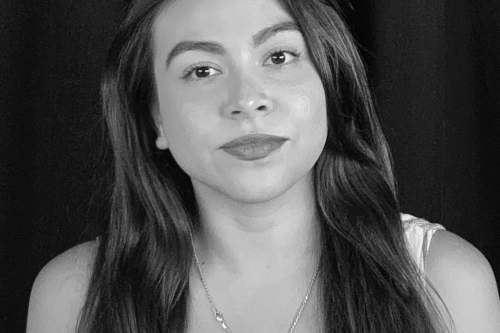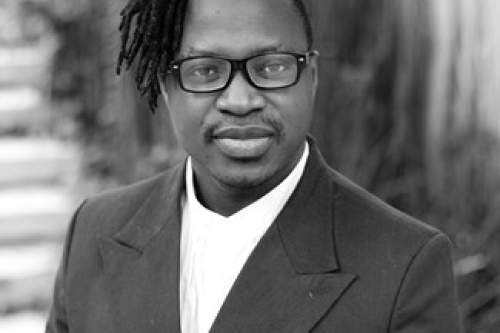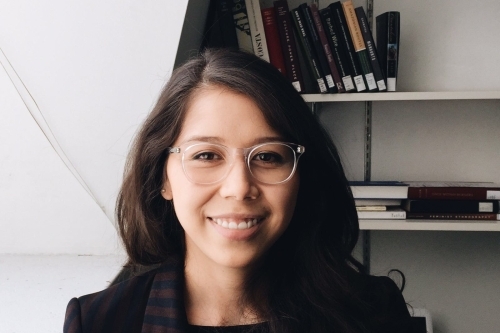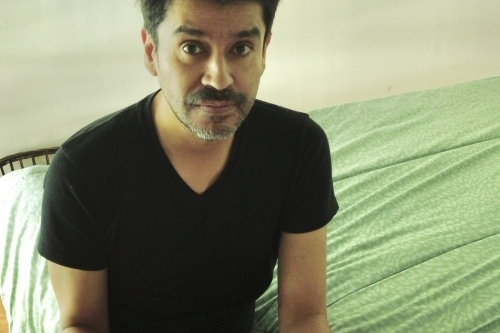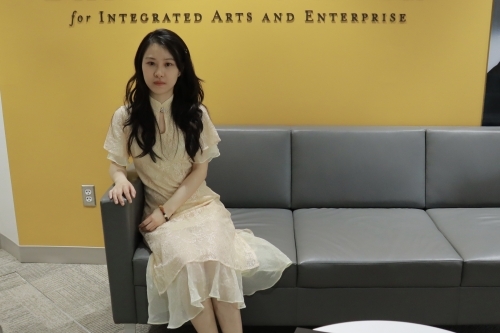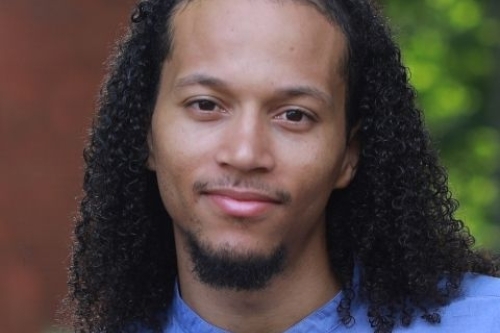Anneleise Azúa
Anneleise Azúa is a Rising Scholars Postdoctoral Fellow in the Department of American Studies. Azúa received her Ph.D. and M.A. in American Studies from the University of Texas at Austin, and her bachelor’s degree in Communication and Gender Studies from the University of Southern California. Her research focuses largely on Texas, Mexico, and the ways humans, plants, and the land create history and culture together. Her work largely investigates the science of plant medicine and healing in Texas and Mexico, and its complex relationship with the environment, colonialism, and transnational understandings of race. She is also working on a food project that investigates the rise of Tex-Mex food popularity in the Nordic countries. From 2021-2023 she held a postdoc in anthropology in the Department of Comparative Cultural Studies at the University of Houston. In 2021, she was a Fulbright EDUFI fellow in the Department of Cultures at the University of Helsinki (Finland). From 2018-2020, she served as a fellow and researcher in the Division of Medicine and Science at the Smithsonian National Museum of American History.
 Provost
Provost
